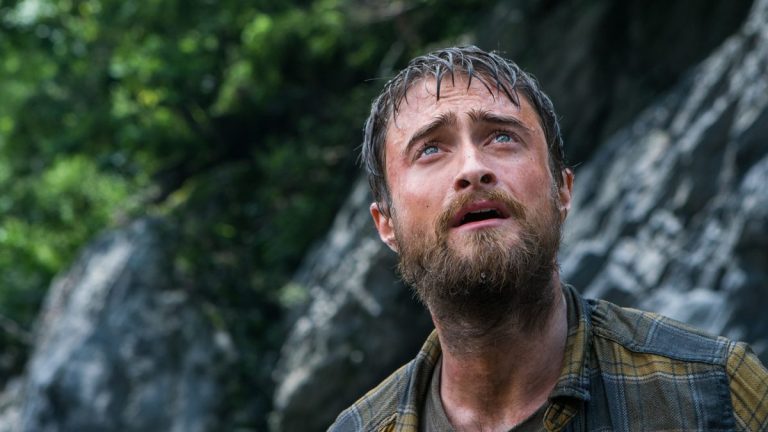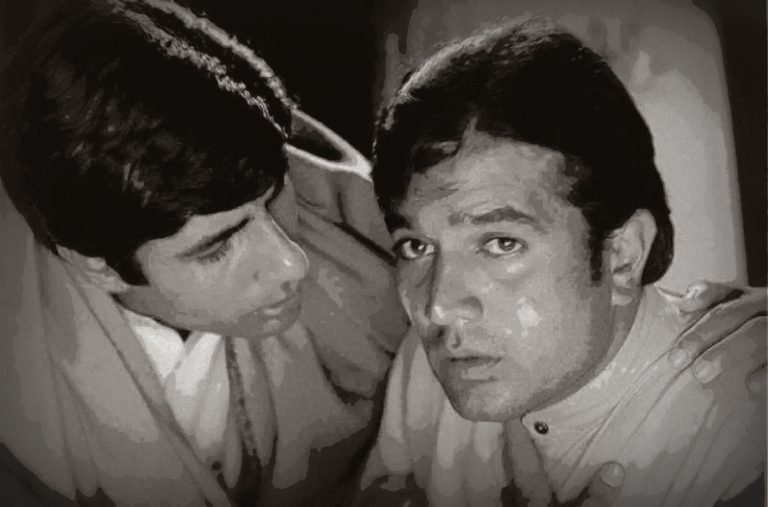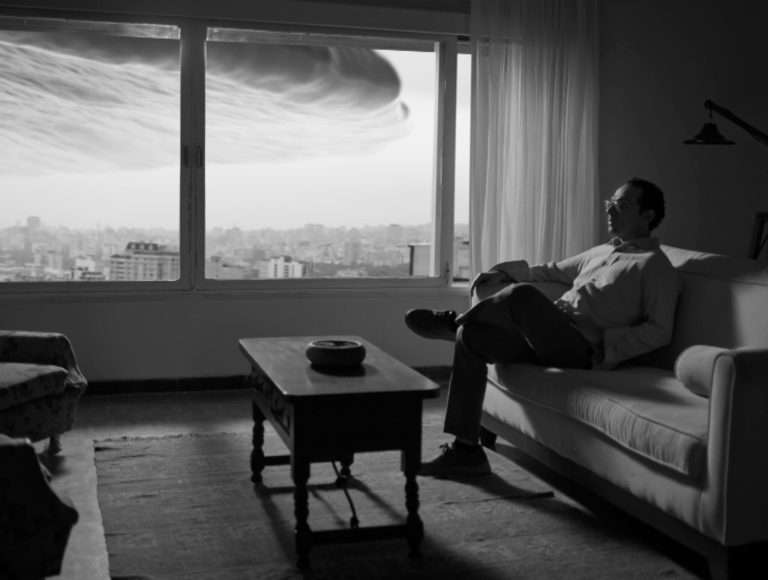Sofia Coppola’s “The Virgin Suicides” (1999) is a film adaptation of the 1993 novel of the same name by Jeffrey Eugenides. Set in the nothing-ever-happens suburb of Grosse Pointe, Michigan, in 1975, the film follows the reminiscing of five men of a year in their childhood which they spent vigorously obsessing over the five Lisbon sisters: Therese, Mary, Bonnie, Lux, and Cecelia, respectively, who because of their strict Catholic parents are exempted from participating in social activities with their peers. This and many other areas of the girls’ lives that are stunted by their parents’ restrictions cause them to act out and eventually snap, one by one, killing themselves through various ghastly means.
What is most notable about the film is that while it tells the story of the Lisbon sisters, their story is not told by them but rather by these teenage boys who are infatuated with them. The film explores the idea of the male gaze and how the boys only see what they want to see and not the tragic reality of the sisters’ lives. The sisters’ shut-in lives are glamorized, much to the point that one would conclude that the boys only ‘love’ them because of their inaccessibility. They fancy the chase that is sneaking into their house, spying on them from trees, and collecting pieces from them in clothes, magazines, etc. They are obsessed with the idea of something- people they cannot have.
Trip, their school’s golden boy, equally feels this way because the moment he, by no mean feat, gets to take Lux Lisbon to their school dance and convinces her to have sex with him, all forms of his affection for her fly out the window. He is done with her. She was only an object he had successfully acquired, hence his statement, “I walked home that night. I didn’t care how she got home. I just took off… and it’s weird. I mean, I liked her; I really liked her. I just got sick of her right then.” The haze of her inaccessibility had worn off.
For a film made in 1999, when the subject of feminism was still deemed controversial, it was able to so brilliantly portray the male gaze, whether intentionally or not. Though the fact that the film was based on a novel written by a man leaves me confused; was his novel a man FINALLY getting the “imprisonment that is being a girl,” or was it just an exposé on the male gaze?

As per the male gaze, the film portrays the Lisbon sisters, most especially Lux, in a manner that emphasizes their sexuality. Lux’s natural allure and the seductive look permanently plastered on her face contribute to how the boys perceive her, and even ordinary things, such as the girls bathing, are seen through a sexual lens by the boys, thus highlighting their fixation on the girls. The “not like other girls” factor also plays a role in the boys’ interest, as the sisters unintentionally possess this air of mystery that sets them apart from everyone else. These elements add to the complexity of the dynamics between the boys and the sisters.
After Cecelia’s suicide, the other sisters begin to act out, but this, of course, is not taken seriously and is ruled along the lines of their mysteriousness and otherness by the boys, primarily because after Cecelia’s death, the girls are pulled out of school and are completely isolated from the whole town. Lux’s hyper-sexuality, her way of acting out, signified that she wanted control of her life but could only use her sexuality to derive some sort of control of herself and her body. This, of course, is ruled off as humorous to the boys.
Cecelia’s death by jumping out of her window sets in motion the chain of suicides of the remaining Lisbon sisters as exactly a year after her suicide, they all take their lives: Lux by asphyxiation, Bonnie by hanging, and Therese and Mary by overdosing on sleeping pills. Shortly after this, Mr. and Mrs. Lisbon leave the town, never to be seen again.
As the boys, older now, recount the events of that year, they declare that they had loved the Lisbon sisters, stating, “… it didn’t matter in the end how old they had been, or that they were girls, but only that we had loved them.” This statement particularly irked me because it is the men admitting that they really didn’t care about the girls as people but only as objects of desire, so much to the point where they couldn’t even comprehend why they had killed themselves despite being so in love with them.
To conclude, I absolutely loved the dark psychological thriller aspect of “The Virgin Suicides.” The cinematography and the visuals really did well to portray the glum situation of the girls and may come off as almost comic to modern-day viewers. Also, if you had read the book before deciding to watch the movie, you would be pleased to find the film adaptation almost verbatim to the novel.



![Starman [1984]: A Sweet, Tender & Heartfelt Tale of Love & Sympathy](https://79468c92.delivery.rocketcdn.me/wp-content/uploads/2018/09/Starman-768x432.png)

![Larks on a String [1969] Review – A Tragicomic Examination of the Impact of Totalitarian Ideology](https://79468c92.delivery.rocketcdn.me/wp-content/uploads/2019/08/Larks-on-a-String-1969-768x462.jpg)
